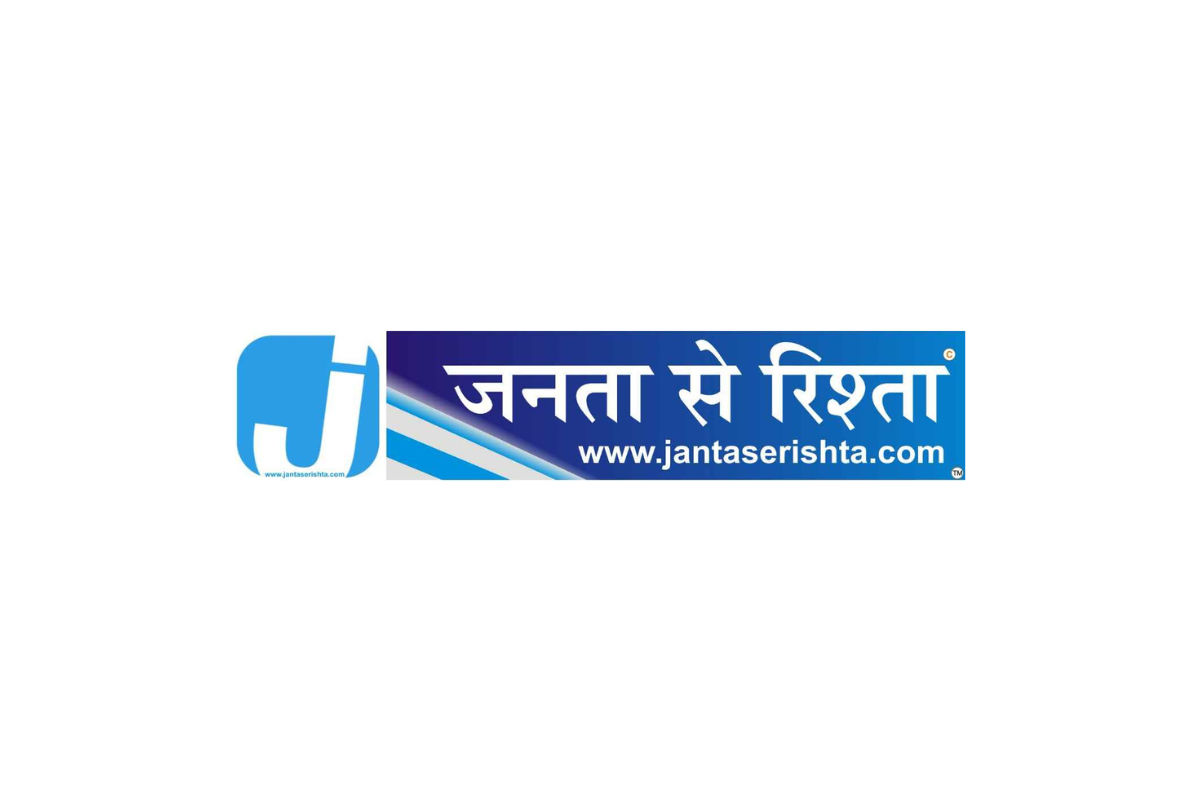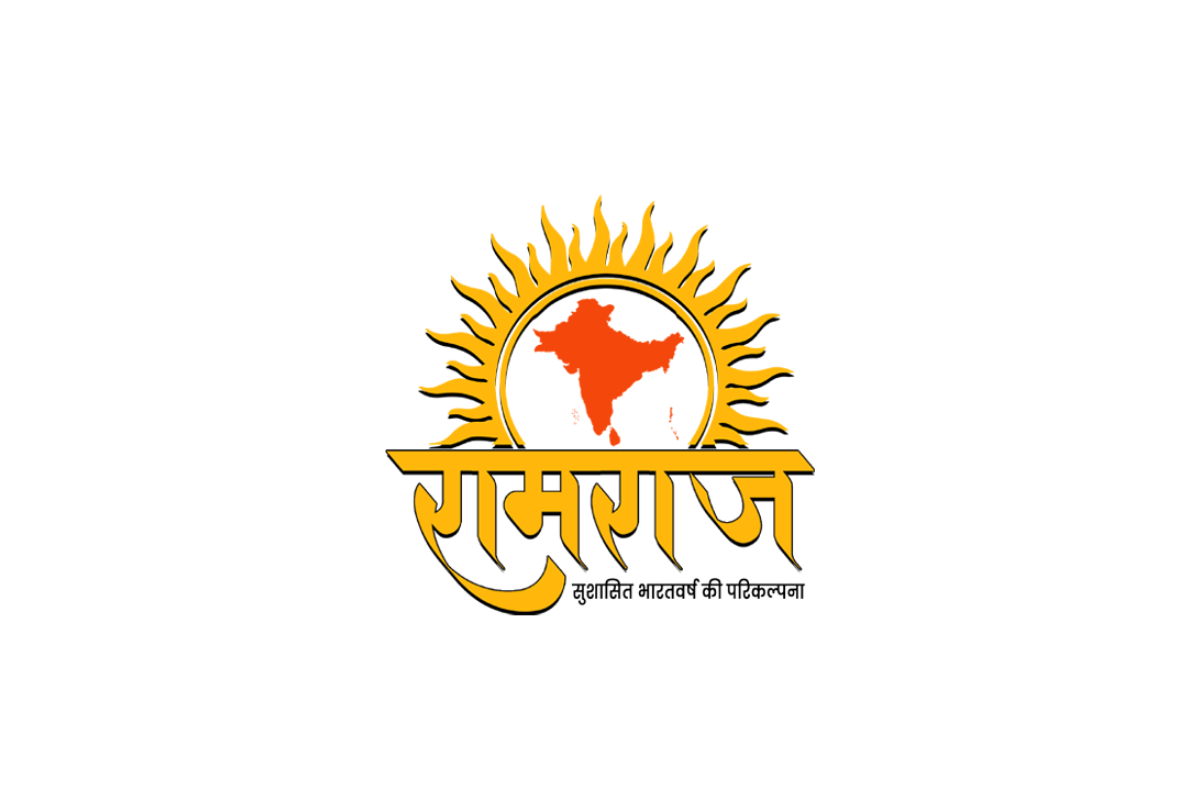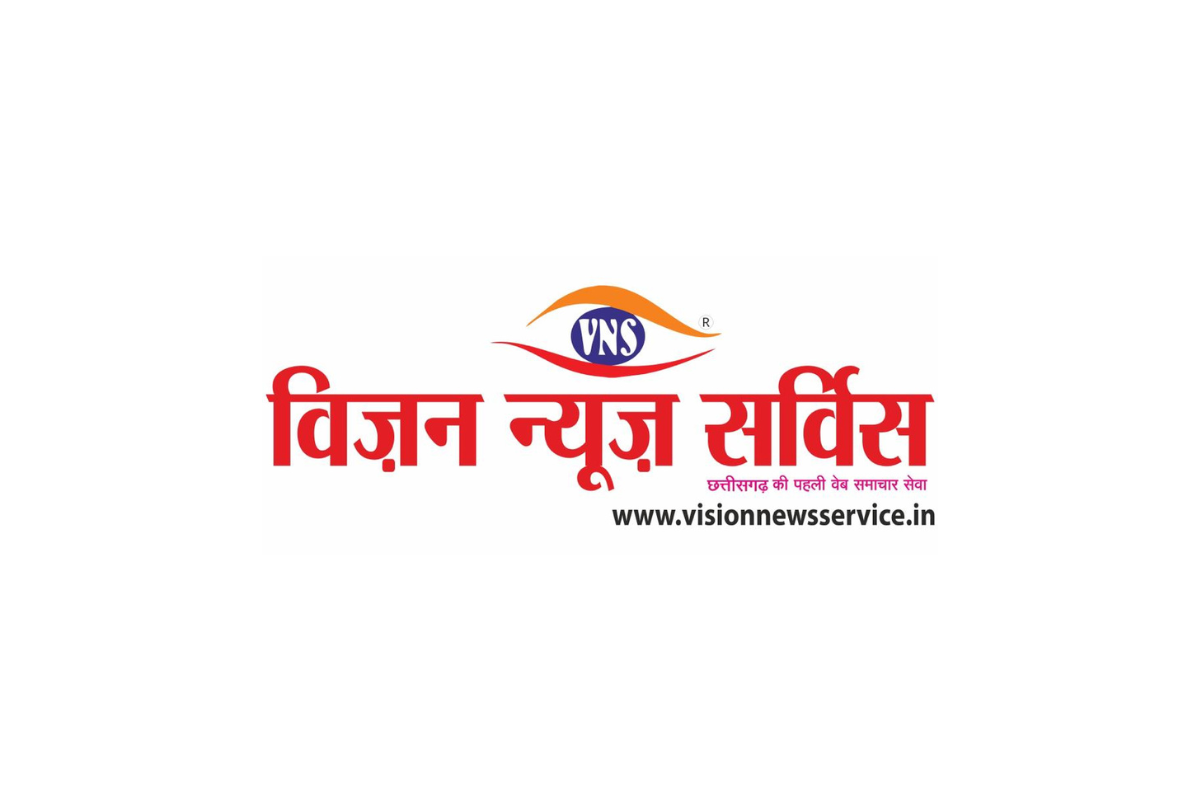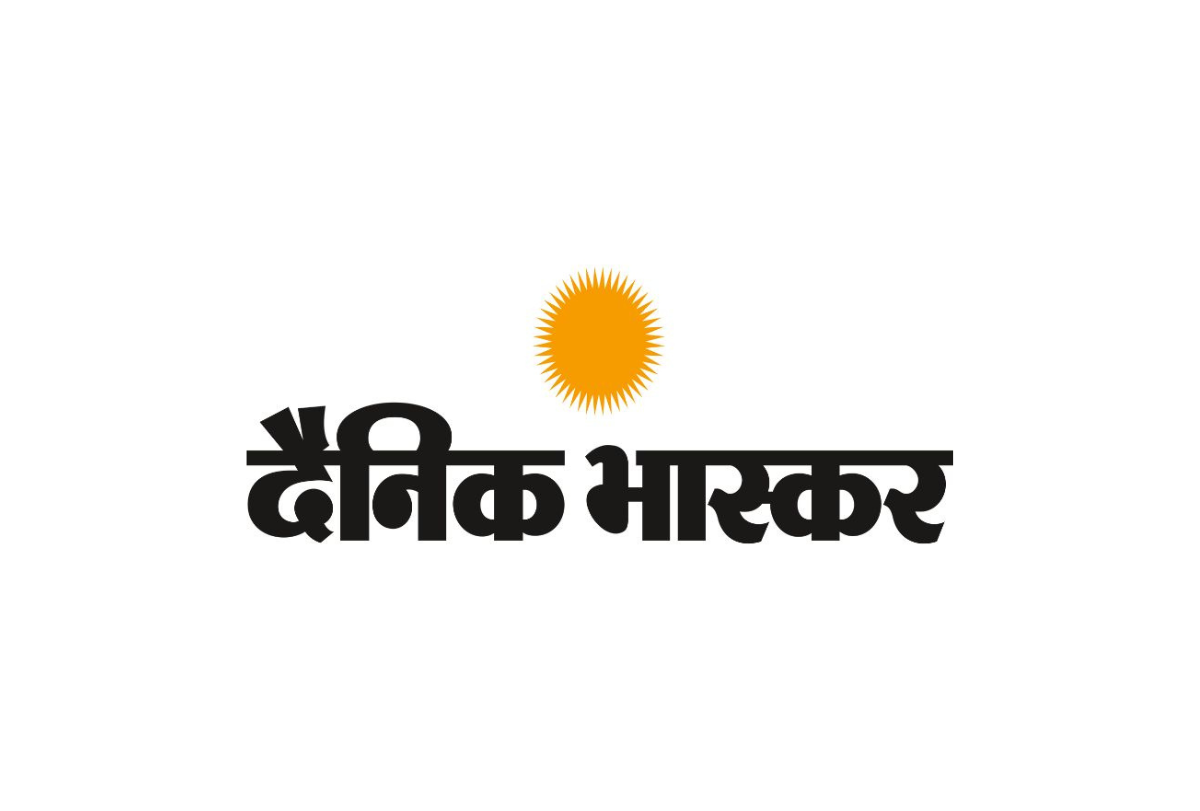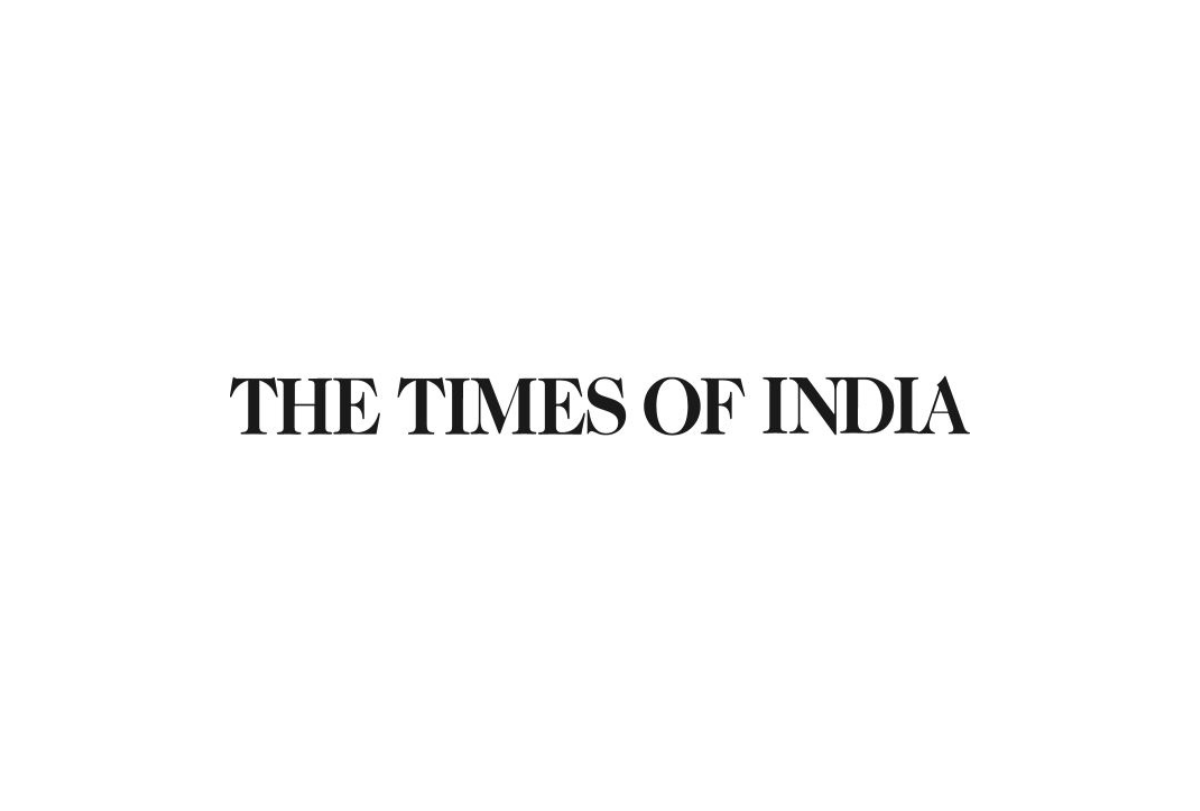In Simdega, Shyamal Santra watched approvingly as Kullu and other local residents got their shots. Thirty-seven years old with a 6-foot frame, Santra oversees vaccination efforts in rural Jharkand for the Transform Rural India Foundation (TRIF), a nonprofit funded by the Bill & Melinda Gates Foundation and the technology tycoon Azim Premji, among other donors. The organization is helping state governments deliver vaccines across 3,800 of India’s poorest villages—many of them difficult or even dangerous for health-care workers to access.
Santra’s territory is some of the most challenging, with few roads and minimal health infrastructure. It and other regions of Jharkand are also home to the Naxalites, a loose grouping of Maoist insurgents who periodically launch attacks on government officials and security forces. Since Santra began working in the state about a decade ago, he’s twice been taken hostage by the militants, who released him only after they were satisfied that his work was serving the rural poor.
His team is on a race against time to vaccinate as many of Jharkand’s inhabitants as possible, traveling to distant villages on foot, by motorbike, and in rugged makeshift ambulances. Sometimes they come across settlements that have had little contact with the government for years and whose residents are understandably wary of outsiders bearing what they say are lifesaving medicines. It’s painstaking work that demands a diverse set of skills: public health with some sociology and anthropology thrown in. If a new surge arrives before widespread vaccination, “it will be more devastating than what we have seen,” Santra warns. “There’s no second option.”
When Prime Minister Narendra Modi’s government officially kicked off India’s vaccination drive in mid-January, it was with great confidence. “Our preparation has been such that vaccine is fast reaching every corner of the country,” Modi boasted shortly afterward. “We are completely self-reliant.”
On paper that assessment wasn’t entirely outlandish. Unlike almost all other developing nations, India has enormous capacity to produce vaccines domestically, above all through the Serum Institute of India Pvt Ltd., the largest vaccine manufacturer on the planet. The Serum Institute made a deal in June 2020 to manufacture a billion doses of AstraZeneca’s shot, while another domestic company, Bharat Biotech International Ltd., was carrying out final-stage trials on a vaccine it developed in-house. And while India’s health-care system is underfunded and overtaxed, the country has extensive experience with large-scale vaccination campaigns, particularly for polio and other childhood diseases.
But it soon became apparent that even with these home-field advantages, the rollout wasn’t going to go smoothly. First, India’s drug regulator surprised scientists and provided ready kindling for anti-vax conspiracy theories by granting regulatory approval for Bharat Biotech’s Covaxin shot before the completion of trials. Then it took weeks to begin large-scale distribution, haggling over pricing with the company as well as Serum. (The World Health Organization added Covaxin to its emergency use list of approved inoculations this month, helping dispel lingering doubts about the efficacy of the domestically-developed vaccine).
The result was that by the time delta infections began surging in Delhi and other cities in March, few Indians had even received a first dose. Officials scrambled to catch up, initially blocking exports—thus intensifying outbreaks in countries, including Nepal and Bangladesh, that had been counting on Indian supplies. Then they did away with all age and health prioritization for domestic doses, on the theory that these were slowing down the campaign. A chaotic free-for-all ensued, with the wealthy paying to be vaccinated in private facilities and big companies, including Bloomberg LP, sourcing shots for their staff. Everyone else who wanted one had little choice but to shuffle from clinic to clinic, chasing rumors of available supplies. In rural areas, there were often none at all.


